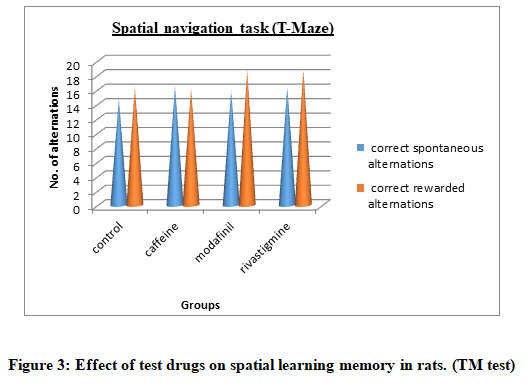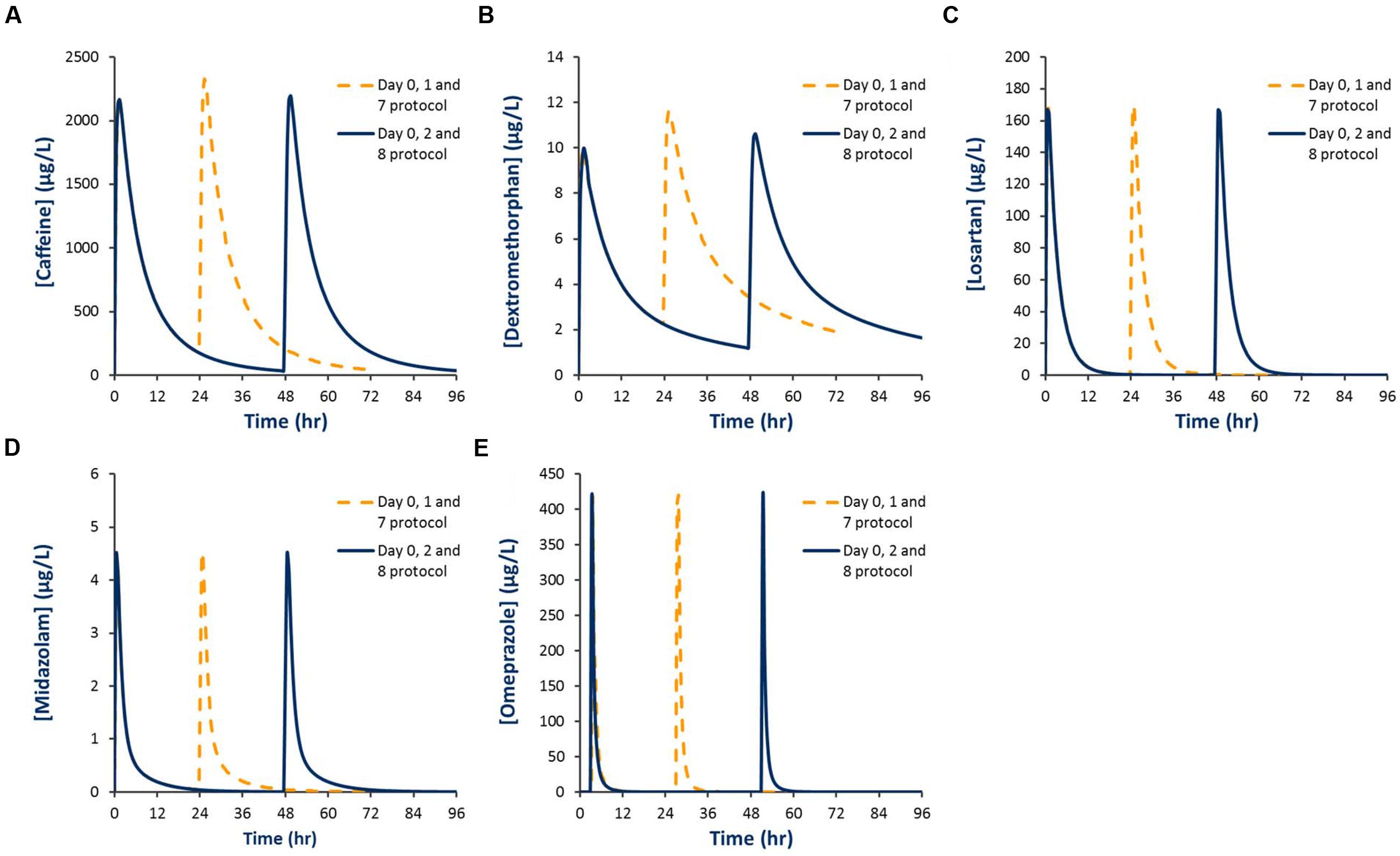elmagorham289
About elmagorham289
Understanding Modafinil: A Comprehensive Case Research
Modafinil is a wakefulness-selling agent that has garnered important attention since its introduction in the late nineteen nineties. Initially developed to deal with narcolepsy, a sleep disorder characterized by excessive daytime sleepiness, modafinil has expanded its functions to include situations akin to shift work sleep disorder and obstructive sleep apnea. This case research goals to explore the pharmacological properties, mechanisms of action, therapeutic makes use of, potential side effects, and the moral considerations surrounding modafinil use.
Pharmacological Properties
Modafinil is categorised as a eugeroic, a time period used to describe substances that promote wakefulness without the stimulating effects commonly associated with traditional stimulants like amphetamines. Chemically, it is named 2-[(diphenylmethyl)sulfinyl]acetamide and is structurally distinct from other wakefulness-promoting agents. Modafinil is rapidly absorbed after oral administration, with peak plasma concentrations occurring within 2 to four hours. Its half-life ranges from 12 to 15 hours, allowing for as soon as-each day dosing, which is a major benefit for patients searching for to maintain alertness all through the day.
Mechanisms of Motion
The precise mechanism of motion of modafinil is not fully understood, however it’s believed to involve several neurotransmitter systems. Analysis means that modafinil primarily acts on the hypothalamus, increasing the release of orexin (hypocretin), a neuropeptide that performs a crucial function in regulating wakefulness and arousal. Moreover, modafinil has been proven to affect dopamine levels within the mind by inhibiting the dopamine transporter, resulting in elevated dopamine availability within the synaptic cleft. This action may contribute to its wakefulness-promoting effects and potential cognitive-enhancing properties.
Therapeutic Makes use of
Modafinil is primarily prescribed for the therapy of narcolepsy, where it helps scale back excessive daytime sleepiness. Clinical research have demonstrated its efficacy in bettering alertness and decreasing the frequency of sleep attacks in individuals with this condition. Furthermore, modafinil is useful for patients with obstructive sleep apnea, as it can alleviate residual sleepiness despite the usage of steady constructive airway strain (CPAP) therapy.
One other important application of modafinil is in the administration of shift work sleep disorder, the place people expertise sleep disturbances attributable to irregular work hours. By selling wakefulness during night shifts or early morning hours, modafinil can enhance job efficiency and overall quality of life for affected individuals.
Past its permitted medical makes use of, modafinil has gained popularity as a cognitive enhancer amongst wholesome people, particularly in educational and professional settings. Users report improved focus, reminiscence, and general cognitive efficiency. Here is more information on where to buy modafinil online (relevant resource site) look at the webpage. Nonetheless, the use of modafinil for cognitive enhancement remains controversial, as it raises moral questions relating to fairness and the potential for dependency.
Potential Unwanted effects
While modafinil is mostly nicely-tolerated, it’s not without unintended effects. Widespread adversarial effects embody headache, nausea, dizziness, and insomnia. Critical uncomfortable side effects, although rare, can happen. These embrace skin rashes, allergic reactions, and psychiatric signs such as anxiety or agitation. Given its affect on neurotransmitter programs, caution is advised when prescribing modafinil to individuals with a history of psychological well being disorders.
Another concern is the potential for abuse. Although modafinil shouldn’t be classified as a controlled substance in many international locations, its stimulant-like effects have led to its misuse, particularly amongst college students and professionals seeking an edge in performance. This raises questions in regards to the lengthy-term consequences of non-medical use, including the danger of psychological dependence.
Ethical Concerns
The growing use of modafinil amongst healthy individuals for cognitive enhancement has sparked a debate within the medical and ethical communities. Proponents argue that the drug can enhance productiveness and mental performance, probably resulting in larger achievements in varied fields. Nevertheless, critics elevate issues about fairness, as entry to cognitive enhancers might not be uniform across socioeconomic teams. This disparity could exacerbate current inequalities in schooling and the workplace.
Moreover, the normalization of cognitive enhancement raises ethical questions about the character of work and achievement. If individuals can enhance their cognitive abilities by means of pharmacological means, what does this mean for the worth of onerous work and dedication? The societal implications of widespread modafinil use may reshape our understanding of success and benefit.
Conclusion
Modafinil represents a singular pharmacological agent with important potential for treating sleep disorders and enhancing cognitive operate. Its mechanisms of motion, primarily involving the modulation of neurotransmitter techniques, contribute to its efficacy and appeal. Nevertheless, the potential for unwanted side effects, abuse, and ethical dilemmas surrounding its use for cognitive enhancement can’t be overlooked.
As research continues to discover the total vary of modafinil’s effects and purposes, it is important for healthcare suppliers, policymakers, and society at large to engage in knowledgeable discussions about its acceptable use. Balancing the benefits of modafinil with the potential risks and moral considerations can be essential in navigating the long run panorama of pharmacological cognitive enhancement and sleep disorder administration.
Sort by:
No listing found.


